Mastering Interview Questions: A Comprehensive Strategy Guide
Mastering Interview Questions: A Comprehensive Strategy Guide
Preparing for an interview can be a daunting task, but with the right strategies and examples, you can articulate your experiences, skills, and values effectively, leaving a lasting impression on your interviewers. This guide is crafted to empower you with strategies for answering the most common interview questions.
One of the most common questions is 'Tell me about yourself.' Begin with a brief overview of your professional background, then highlight recent experiences and skills that are relevant to the job. End with a personal note or interest that relates to the company’s culture. For example, “I’m a seasoned marketing professional with over five years of experience in the tech industry, specializing in digital campaigns. Recently, I led a project that increased web traffic by 30%. Outside of work, I’m passionate about sustainability, which I see aligns with your company’s mission.”
Another common question is 'What are your strengths?' Choose strengths that are most relevant to the job description and provide specific examples to illustrate them. For example, “One of my key strengths is my ability to communicate complex ideas clearly, as demonstrated when I presented a technical proposal to non-technical stakeholders, resulting in project approval and funding.”
When asked about your greatest weakness, share a real weakness but frame it in a way that shows you’re proactive about improving. Avoid clichés like “I’m a perfectionist.” For example, “I’ve found that I can be overly detailed-oriented, which sometimes slows down my work. To address this, I’ve been using project management tools to prioritize tasks effectively.”
Other common questions include 'Why should we hire you?', 'Where do you see yourself in five years?', 'Why do you want to work here?', 'Why are you leaving your current job?', and 'What is your salary expectation?'. Each of these questions requires a tailored response that aligns with the company’s needs and values, and demonstrates how your skills and experiences make you the ideal candidate for the job.
Tailor these strategies and examples to your own experiences, and you’ll be well-equipped to make a great impression during your interview
You can download our "Free Interview hints and Tips Guide" as well as our "Guide to the top 49 questions asked in interviews and how to answer them" on the help section of our website




